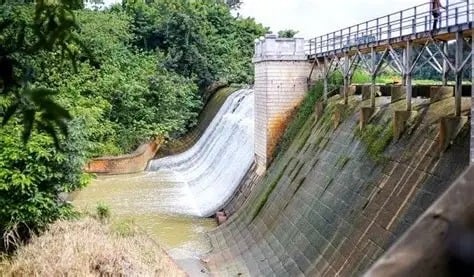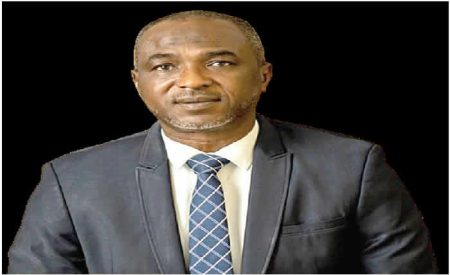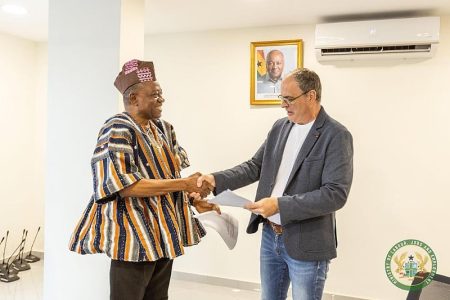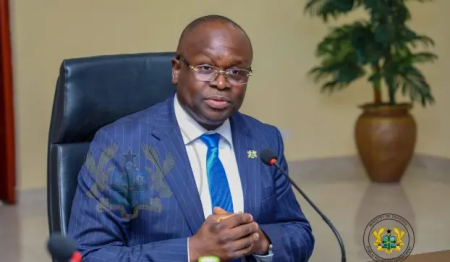Paragraph 1: Introduction
Ghana Water Limited (GWL) has announced a planned interruption of water supply to several communities in the Ashanti Region of Ghana. The interruption, scheduled for Tuesday, July 22, 2025, from 9:00 AM to 5:00 PM, is necessitated by critical maintenance work on power lines servicing the Barekese Water Treatment Plant. This maintenance is being undertaken by the Electricity Company of Ghana (ECG) and is essential for ensuring the continued reliable operation of the water treatment plant. The shutdown will affect a wide range of consumers, from individual households to industrial and commercial establishments.
Paragraph 2: Affected Areas and Duration of Interruption
The water supply interruption will primarily affect communities reliant on the Barekese Water Treatment Plant. These include, but are not limited to: Barekese Headworks, Kronum Cement, Heman Amoama Nketia, Asuofua, CONSAR Quarry, Adankyame, Adugaina, Naachia Quarry, Barekese town, Asira, Offinso, Namong, Kayera, Tutuase, Nsubtam, Kyerekrorh, Boamang, Tetrem, Habitat, Ahenkro, Kwamang, Kodie, Akrofrom, Aduman, Aduamoah, Denase, Pampatia, and KCG Company, along with their surrounding areas. The shutdown is expected to last for eight hours, commencing at 9:00 AM and concluding at 5:00 PM on Tuesday, July 22, 2025. This timeframe is designed to allow ECG sufficient time to complete the necessary maintenance work while minimizing the disruption to water supply.
Paragraph 3: Reason for the Interruption and GWL’s Assurance
The primary reason for the planned water interruption is the essential maintenance work being conducted by ECG on the power lines supplying the Barekese Water Treatment Plant. This proactive maintenance is crucial for ensuring the long-term reliability of the power supply to the plant and preventing future unplanned outages. GWL has assured the public that water production will resume as soon as ECG completes its work and restores power to the treatment plant. This indicates a coordinated effort between the two utility companies to minimize the duration of the water interruption.
Paragraph 4: Importance of the Maintenance Work
The maintenance work being carried out by ECG is of utmost importance for maintaining a stable and reliable power supply to the Barekese Water Treatment Plant. This, in turn, ensures a consistent and reliable supply of potable water to the communities served by the plant. Investing in preventative maintenance minimizes the risk of more extensive and disruptive power outages in the future, ultimately benefiting both consumers and the water treatment facility. By addressing potential issues proactively, ECG and GWL aim to enhance the long-term sustainability of the water supply system.
Paragraph 5: GWL’s Advice and Apology to Customers
Acknowledging the inconvenience the shutdown will undoubtedly cause, GWL has advised customers in the affected areas to store sufficient water ahead of the interruption to meet their needs during the eight-hour period. This proactive step by GWL empowers residents to mitigate the impact of the temporary water shortage. Furthermore, GWL has issued a formal apology for the inconvenience caused by the planned interruption, demonstrating a commitment to customer satisfaction and acknowledging the disruption to daily routines.
Paragraph 6: Conclusion and Emphasis on Long-Term Benefits
The planned water interruption, while undoubtedly inconvenient in the short term, is a necessary measure to ensure the continued reliable operation of the Barekese Water Treatment Plant and the provision of safe and consistent water supply to the affected communities. GWL’s proactive communication, coupled with the planned and coordinated nature of the maintenance work, demonstrates a commitment to minimizing disruption and prioritizing the long-term sustainability of the water supply system. By working in conjunction with ECG, GWL is investing in the future reliability of essential services for residents and businesses in the Ashanti Region. The inconvenience of the temporary interruption is outweighed by the long-term benefits of improved and more reliable water service delivery.














